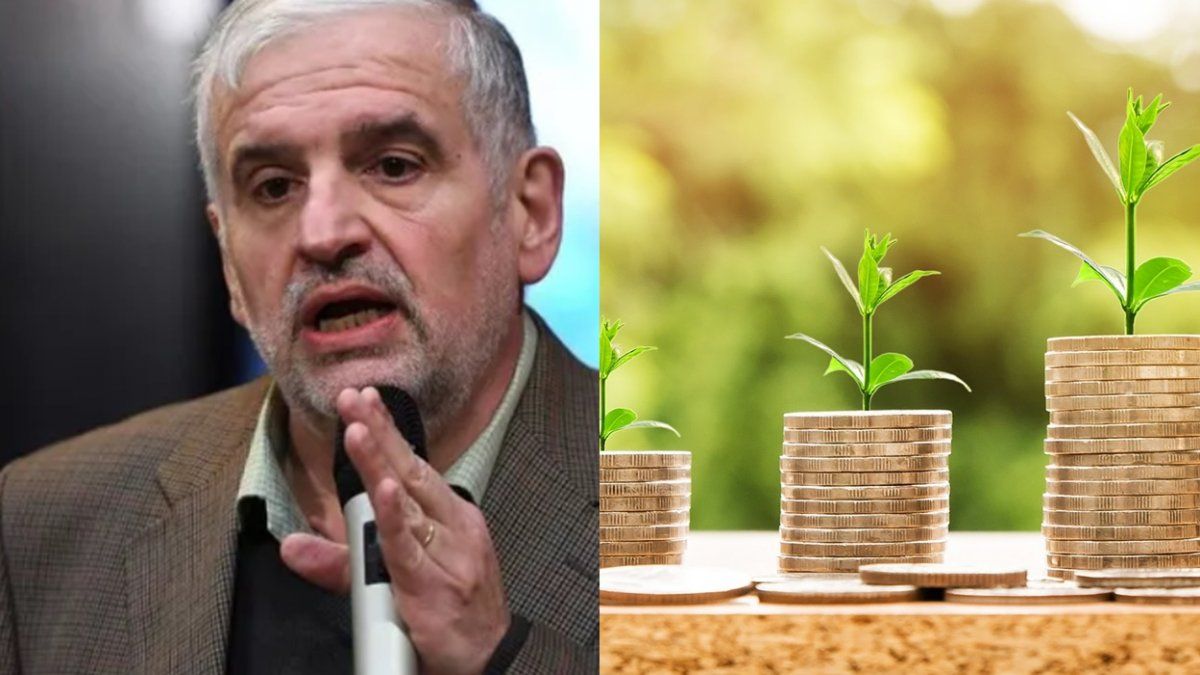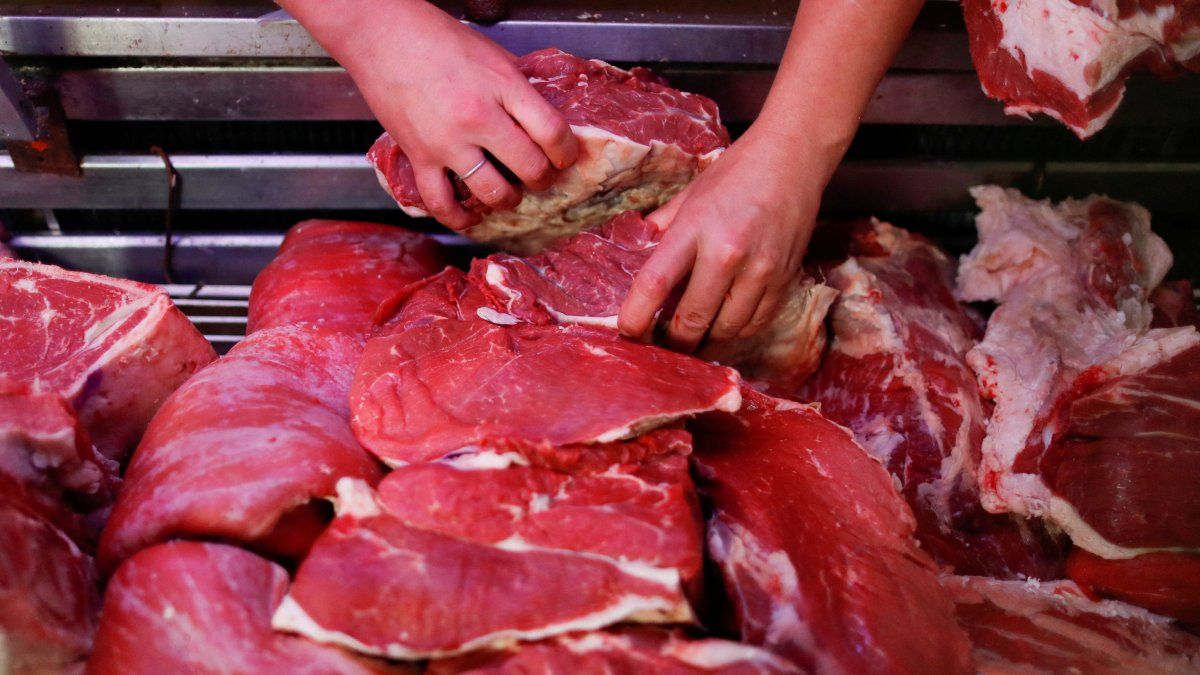Fernando Vilella, member of the agricultural team of president-elect Javier Milei gave his first definitions for the sector. His objective will be to double exports in five years through greater added value, eliminating restrictions, trusts and withholdings.
The agronomist is part of the agricultural team of the elected president and would be the future secretary of bioeconomy, that would absorb the functions of the current Secretary of Agriculture in charge of Juan José Bahillo and would continue under the orbit of the Ministry of Economy.
In fact, last Tuesday, Vilella and his team met with Bahillo to begin the transition in the portfolio.
transitionagriculture.jpeg
“As a consultant I worked on a proposal that has a work plan and a potential organizational chart of what we are calling the Bioeconomy Secretariat, which is a name that gives an image of where we are going. We have a confirmed team, We have the ideas, we have the desire to take it forward, but there are issues that resolve with who is the Minister of Economy and eventually reach a joint work agreement,” Vilella said this morning in dialogue with Radio Argentina.
After which, he stressed the importance of the agroindustrial sector “which generates the largest amount of foreign currency”, while “all other sectors import more than export except mining and the automotive industry, in the latter case, almost nothing.”
“If the macroeconomic and microeconomic instruments are given, we are thinking about double current agro-industrial exports in five years with another matrix with more added value in each of the inputs and with a higher value of the exported ton,” he indicated regarding the plan he presented to Milei.
That means- a currency “that is the same for exporting and importing”and an elimination of withholdings on soybeans, wheat and corn.
Likewise, it will imply “equality” in the treatment of investments, instruments such as VAT refund and “some labor issues.”
On the other hand, he indicated that a “enormous amount of regulations” as “export bans” and “trusts”, referring to those that apply to oil and wheat.
Vilella is also known in the world of agriculture for his promotion of biofuels And, precisely, one of the measures anticipated by the new government would be an increase in the participation of biodiesel and ethanol in gasoline.
What is the bioeconomy
The bioeconomy is a sustainable development paradigm and a state policy that includes various sectors of the agricultural and agroindustrial chain. It includes both the so-called bioproducts and the bioinputs and biomaterialsto bioprocesses such as bioenergy and biotechnology as a tool applied to the improvement of plants, animals and microorganisms in the agricultural field.
All this, furthermore, leaving aside the use of fossil fuels, cement and other materials whose production takes us away from these goals and promoting the use of renewable raw materials (such as wood, biomass or fiber).
Milei Cabinet: the new agriculture secretariat
Vilella, 68, left this week as director of the Program Bioeconomy of the Agronomy faculty of the Buenos Aires’ University, where he was dean between 1998 and 2006.
Additionally, he was director of the Agribusiness and Food Programs, is a member of the board of directors of Maizar, Eticagro, Argentine Association of Biofuels and Hydrogen and the Pro-Antártida Foundation; and presides over the Argentine Food Foundation.
Previously, he served as Undersecretary of Agrarian Affairs of the province of Buenos Aires between 2007 and 2008, and was a professor of master’s degree courses. Agribusiness, Plant Production, Public Health and Agrometeorology at the UBA.
The Vilella area would be called Bioeconomy Secretariatand the names that resonate the most to accompany it are those of businessmen Peter Vigneau -former president of the Argentine Association of Direct Sowing Producers (Aapresid) and president of the Argentine Corn and Sorghum Association (Maizar) – to be head of the Bioeconomy Cabinet; and German Paats -producer and former president of the Barbechando Foundation- for the undersecretary of Agriculture, Livestock and Forestry.
Source: Ambito




